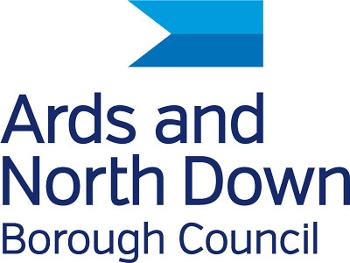Food Complaints
Food Premises
If you have a complaint about the conditions at a food premises, our officers will determine whether an investigation is necessary. In the majority of cases visits following food complaints will be undertaken.
Physical/ Chemical Contamination
If you have bought an item of food that has a foreign matter in it, has mould growth, an unusual odour or something in it that you did not expect, the Environmental Health Service will investigate your complaint.
The foreign object, food matter, its packaging and proof of purchase should all be retained and produced for the investigating officer.
The complaint may be sent for analysis to identify the foreign object. The investigating officer will contact the retailer, supplier, manufacturer and the local authority in whose area the product was made.
Please note: we can't take food that has been taken from the bin, as is likely to contaminate it with all sorts of bacteria.
We will not investigate:
- Any claims for compensation or refunds. This is a matter between the purchaser and the manufacturer
- Complaints about food quality e.g. over ripe vegetables and fruits
- Food which has expired its 'Best Before' date. It is not illegal to sell food after its best before date. Best before means that the manufacturer guarantees that the food will be of best quality up until that date.
- Food that is not of the declared weight
- Food of poor quality
Food Complaint Procedure
The food complaint procedure may take several months to complete. Any subsequent action taken by the Environmental Health Service will relate to food safety issues and not to attaining compensation for the complainant. This is a matter that can be dealt with through your own solicitor.
Please note: that if the food item was not bought in premises within the Council area, then you should contact the Council in which the food item was purchased and they will investigate the matter.
You can make a complaint by:
Calling us on 0300 013 3333
Visiting us at Council Offices, 2 Church Street, Newtownards, BT20 4BT
Emailing us at foodenquiries@ardsandnorthdown.gov.uk
What if I don't live in Ards and North Down?
If you don't live in the Borough you may be able to take the food to your own local council, which can arrange to send it to us. You should telephone first to check if your local council can help.
If you have the receipt and any labelling or packaging for the food, please bring it with you. If you can't visit our offices immediately, it's usually advisable to freeze the product if it's perishable.
What information do you need?
When we contact you we'll ask for additional information. We need to know:
- Where and when you bought the food
- How you discovered the cause for complaint
- How you stored the food since you bought it
- How the food was packaged when you bought it, and
- How your complaint affected you (for example, were you injured or ill, did you lose any money as a result?).
- We may also ask you and other witnesses to provide statements.
- How do you investigate my complaint?
- Often we send samples of food to a council-appointed public analyst who gives us an expert opinion on what is wrong. The food is very often destroyed during analysis so we can't return it to you later. This process can take up to 2 months.
If you don't have the original food, we may visit the premises and collect samples of similar food which will be sent for testing.
We will consider what precautions have been taken to prevent your complaint. If the complaint arose through circumstances which couldn't have been foreseen or prevented, the law prevents us from taking action.
How long does an investigation take?
The time taken to investigate a complaint will vary, ranging from a few days to many months. Cases that result in a formal caution or prosecution can take over a year to complete.
What are the likely outcomes of my complaint?
The complaint investigation will establish whether any offence has been committed. If there haven't been any offences and there is no continuing risk to health, the investigation will be closed.
If we have sufficient evidence to prove that an offence has been committed, we'll consider the following issues in deciding what action to take:
- the seriousness of the offence and the likely penalty
- whether anyone has been negligent
- the likelihood of the offender re-offending
- Our main aim is to make sure that the public is protected from the possibility of any similar complaints in the future. The action we take can be informal or formal and is taken in line with our enforcement policy.




